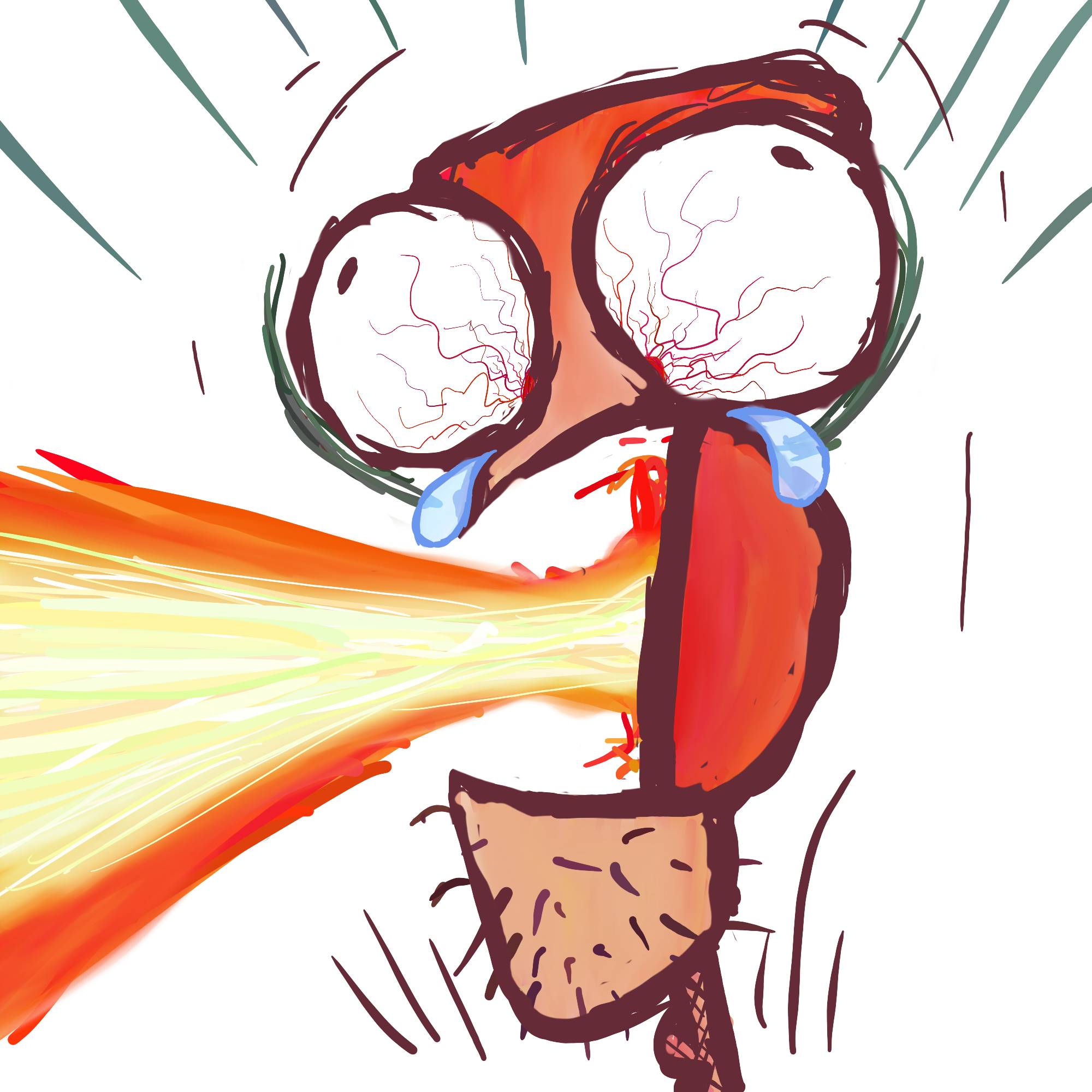#Theme: A photograph displaying contrast that mirrors an aspect of reality that is splintered in a subtle way into an alternate reality.
#My Prompt in Dalle3: Create a photograph of a blossoming tree in a meadow surrounded by a forest that looks dark and gloomy. Make the photograph 16:9. The blossoming tree is secretly composed of pixels that are barely holding onto reality, splinter, broken, tortured, altered colors, surreal.
#Rules:
Follow the community’s rules above all else
One comment and image per user
Embed image directly in the post (no external link)
Workflow/Prompt sharing encouraged (we’re all here for fun and learning)
Posts that are tied will both get the points
The challenge runs for 7 days from now on
At the end of the challenge each post will be scored:
#Prize | Points
• Most upvoted | +3 points
• Second most upvoted | +2 point
• Third most upvoted | +1 point
• OP’s favorite | +1 point
• Most original | +1 point
• Last two entries (to compensate for less time to vote) | +1 point
• Prompt and workflow included | +1 point
The winner gets to pick next theme! Best inspirations for everyone and have fun!
#Past entries post: https://lemmy.world/post/13802673


Gorgeous!
Help me understand how you know how many steps are required if you wouldn’t mind. I use A1111 but have always left the steps at the default setting.
Short Answer: It depends on the model, the sampler you choose and the scheduler.
In my experience: the more steps you use , the more detail you get but with diminishing returns the higher you go with your step count. Also the more steps, the more generation time (and room heating) you have.
We also have now the “Turbo” Models which generate good images at a relatively low step count. For the turbo Models, you are a bit restricted regarding scheduler and sampler., but you get a detailed description for the model on the civitai Page. For example the civitai Page (CIVIT AI) of the model used for this Picture.
For the “normal” (SDXL in this case) Models: Tiral and error. I normally use a xy Plot to check things like CFG Scale or Steps out.
Here an example XY Plot for the Model SDXLFaetastic_v24. Testing different CFG Values and Steps with a constant sampler and scheduler. I´ve used the same Prompt as for the base image for the contest picture (Screenshot of the Plot, the original Image has 120MB:
Sample XY Plot
Full Picture (Catbox 120MB)
In the original Plot you see differences at different step counts.
🤯, I thought for sure my knowledge of these tools was getting to be complete. I have so much more to learn! I’m excited. Thank you!
I´ve added the 120 MB xy Plot via Catbox into the comment above. Thanks to @[email protected] for the info that catbox exists.
That’s really helpful! I will dig into those settings for sure now.